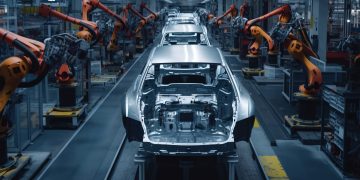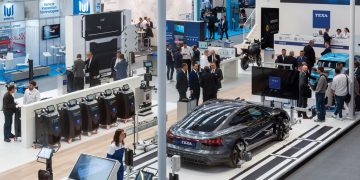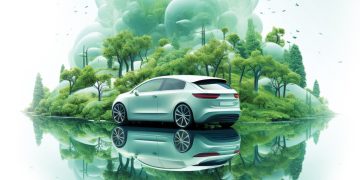Castrol has launched a new report, Driving the EVolution, that examines how the automotive industry can accelerate the adoption of electric vehicles. A panel of four experts from within Castrol, the wider bp group and the Jaguar Racing Formula E Team discussed, from their own perspective, what it would take to achieve a car that hits the three ‘tipping points’ identified in Castrol’s 2020 study, Accelerating the EVolution: a US$ 36,000 price point, 31 minute charge time and a range of 469 km. Driving the EVolution identified three key areas of focus will be central to achieving mainstream adoption:
Co-engineering across the EV supply chain
Collaboration between engineers, OEMs and suppliers
Consumer education to dispel misconceptions about EV ownership
The report discusses how maintaining a mobility ecosystem that works together to overcome long term technical challenges across a long and complex global supply chain is crucial for widespread electrification. The experts all shared the view that mainstream EV adoption could be a reality around 2030.
Mandhir Singh, Senior Vice President at Castrol said:
“Achieving the mainstream adoption of electric vehicles is one of the biggest challenges our industry has ever faced. However, the technical solutions to achieving each of the three ‘tipping points’ are already there. What is needed now is a greater focus on co-engineering, collaboration and consumer education to drive uptake.”
A.S. Ramchander, Vice President – Marketing and GAM at Castrol added:
“As the e-mobility industry matures even marginal improvements to EV performance can play a major role in driving uptake. At Castrol, we’re committed to achieving mainstream adoption by working closely with our industry partners to utilise e-fluids to help electric vehicles go further , charge faster and last longer”
Castrol recently launched a new range of e-Fluids called Castrol ON. Castrol ON’s suite of products includes e-Transmission Fluids, e-Thermal Fluids and e-Greases that aim to bring the industry closer to achieving the ‘tipping points’ to mainstream EV adoption by helping them go further, charge faster and last longer.



























































